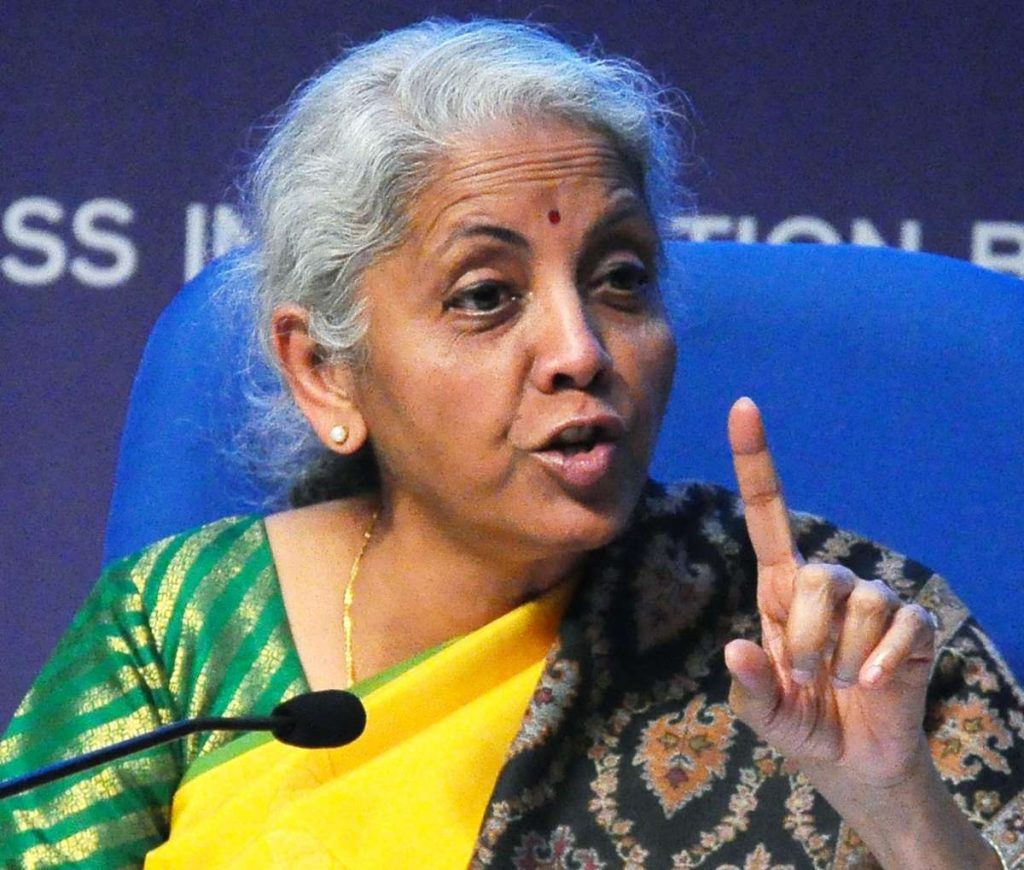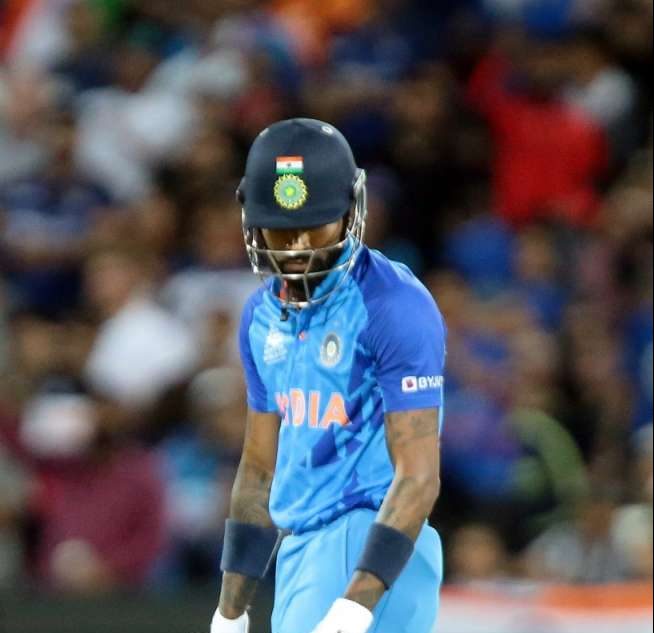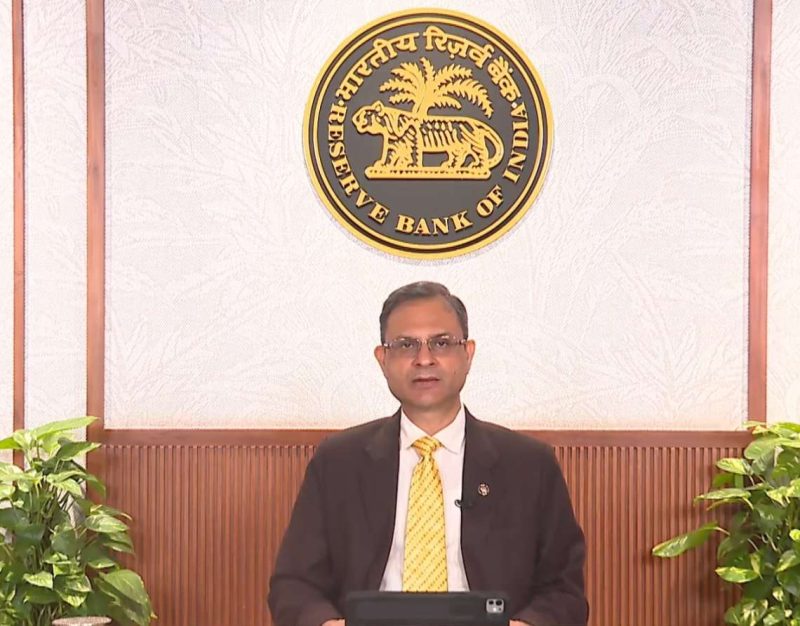Life insurance stocks sold off heavily after the Union Budget pushed for a new tax regime and curtailing tax benefits on high value insurance policies…writes Sanjeev Sharma
Market participants are asking Finance Minister Nirmala Sitharaman to reconsider the proposal to discontinue tax sops on mutual funds and insurance.
Ravi Kumar, Founder & CEO, Upstox said to encourage more retail investing and insurance adoption, “we wish that the Finance Minister would increase tax savings for investments and reconsider the proposal to discontinue the tax SOPs on mutual funds and insurance”.
Rakesh Goyal, Managing Director, Probus Insurance Broker, said the insurance business was hoping the finance minister would include a few giveaways in this year’s budget.
In the days leading up to the presentation of the budget, there was widespread speculation that Section 80C of the Income Tax Act would undergo revisions, and that existing deductions for health insurance premiums would be expanded.
Goyal said on the other hand, the budget proposed that only the income from policies (other than ULIPs) with an aggregate premium of up to Rs 5 lakh would be free from taxation.
“In general, I believe this will have a detrimental impact on the insurance business. In addition to this, individuals who fall under the new tax regime and have an annual income of up to Rs 7 lakh will not be required to pay any tax. This will have a negative impact on the insurance industry. I anticipate that in the years to come, we will be headed in the direction that will put us in a position where we will no longer be eligible for any tax benefits, such as deductions under 80C and health insurance,” Goyal said.
Mayank Goyal, Founder and CEO, moneyHOP said the New Tax Regime also has the potential of pumping back more disposable income to the end consumer which will be a welcome step to increase personal economic activities like consumption, tourism, lifestyle upgradation, etc creating growth avenues for many B2C new-age businesses.

Chartered Accountant Ved Jain on Wednesday said the Union Budget presented by Finance Minister Nirmala Sitharaman may not be good for the perspective of overall society.
Since the election is round the corner, the government thought how to give relief to the middle class tax payers one of the reason can be this otherwise the tax collection and the inflation are also a factor which have to taken into consideration.
“But I believe that this tax rebate will not be helpful to the tax payers. A tax payer is supposed to take care of his future position, retirement, social security, medical. When a person invests in PF, insurance, all these are to create a social security for his future. Now they say that you should pay a lesser tax, without taking these social security measure, probably may not be good for the prospective of overall society,” said Jain in an interaction with IANS.
He said just think about what will happen after fifteen to sixteen years when the person will become old, and he will not have source of income, then from where the money will come.
Life insurance stocks sold off heavily after the Union Budget pushed for a new tax regime and curtailing tax benefits on high value insurance policies.
On BSE, LIC was down more than 8 per cent, HDFC Life was down more than 10 per cent, Max Financial was down more than 9 per cent, SBI Life Insurance was down more than 9 per cent while ICICI Prudential Life Insurance was down more than 10 per cent.

Vinod Nair, Head of Research at Geojit Financial Services said life insurance players witnessed heavy selling as the budget pushed for the new tax regime, making insurance products less appealing as a tax-saving tool.
The New Tax Regime (NTR) will now be considered as a default regime but it may not necessarily be a better regime for all taxpayers, experts said.
Preeti Sharma, Partner – Tax and Regulatory Services, BDO India said the Finance Minister has taken conscious efforts to make the New Tax Regime (NTR) more attractive for the taxpayers.
“The NTR shall now be considered as a default regime for all taxpayers but that does not necessarily mean a better regime for all. Taxpayers still need to look at their personal situation, various investments and expenditure that are eligible for tax exemption under the old regime and then decide which regime is better for them,” Sharma said.
Although the NTR is the default regime an individual still has an option to opt for the old regime if the same is more beneficial in terms of tax outflow, Sharma.
(Sanjeev Sharma can be reached at Sanjeev.s@ians.in)














